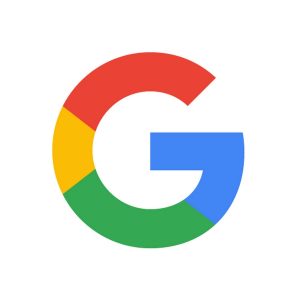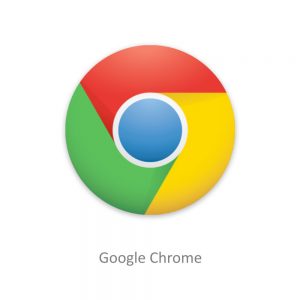 Something I’ve only just recently become aware of is that people don’t know the difference between Google and an internet browser. Now this is a spectacular success for Google (the company) and drives their revenues up a lot, but means that users are potentially missing out on a lot in terms of their internet experience so this short note attempts to address that balance, albeit in a very small way!
Something I’ve only just recently become aware of is that people don’t know the difference between Google and an internet browser. Now this is a spectacular success for Google (the company) and drives their revenues up a lot, but means that users are potentially missing out on a lot in terms of their internet experience so this short note attempts to address that balance, albeit in a very small way!
How did this come about? Well principally because Google introduced an app for the iPhone and other smartphones and tablets called (unsurprisingly) … Google. It presents in a nice easy to use interface a way of searching for information on the internet – that is how Google started after all, which is how they also managed to corner the term for searching the internet – “just google it”. [You don’t hear many people saying – “just bing it”, or “just yahoo! it” – in fact in the case of the latter they just gave up and decided to use the Google search engine and ditch their own one.] So … at a stroke, new users to digital devices thought that the way to connect to the internet was through their “Google” app.
No, no – there is another way that presents you with so many other possibilities and no, no – you don’t have to restrict yourself to using just Google as your search tool. [In an earlier post I described some experiments with using DuckDuckGo and other search engines and I will return to that subject at another time.] So … what might you use?
Well even using Google’s  Chrome browser is better than using the Google app on your smartphone or tablet. It probably uses the same software “under the hood” based on Google’s Open Source Chromium code base but it does offer the possibility of adding extensions, and allowing the use of alternative search engines.
Chrome browser is better than using the Google app on your smartphone or tablet. It probably uses the same software “under the hood” based on Google’s Open Source Chromium code base but it does offer the possibility of adding extensions, and allowing the use of alternative search engines.
But what else could you use? On my iOS (Apple mobile devices) I tend to use Apple’s Safari browser. On my desktop/laptop I tend to use Chrome, or Firefox (another Open Source project) from the Mozilla Foundation. Then there’s Microsoft’s Edge – supplied with Windows, or Opera (a lean, clean browsing machine), or I could be really radical and use something like Brave (and I am) which doesn’t track my browsing history … but I’ll leave that for another day, and for another post.
For today, the message is simple … don’t use the Google app as your main internet browser, just use it if you want to for simple searches. Find a browser you like and use that … and maybe even choose which search engine to use, it doesn’t need to be Google – I’m using Chrome with DuckDuckGo as I write this. You won’t regret making a change to your internet browsing/searching experience – believe me!

